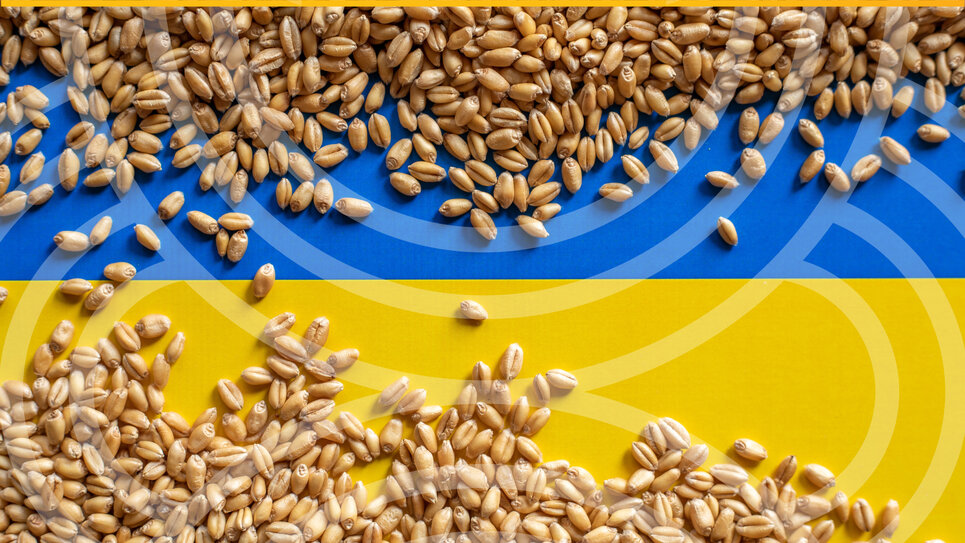Grain and vegetable oil markets after the unlocking of Ukrainian ports. Prices in the region.
Grain and vegetable oil markets after the unlocking of Ukrainian ports. Prices in the region.
10.08.2022
Wheat
On July 22, Ukraine and Russia signed in Istanbul The Initiative on the Safe Transportation of Grain and Foodstuffs from Ukrainian Ports, under the aegis of the UN and Türkiye assistance, to partially unblock the Ukrainian seaports of Odessa, Chornomorsk and Yuzhne for exports of grains and fertilizers. The first ship loaded with 26,000 tons of Ukrainian corn, under this deal, left the port of Odessa on August 1st and passed through the "grain corridor".
The very possibility of exports by sea led to a decrease in prices on both the Chicago Board of Trade and on the spot markets. On the day the deal was signed, wheat price quotations dropped by 8.5% and corn price quotations by 3.5%. The decrease in prices then slowed down. Overall, world wheat prices decreased by 14.5% in July.
The start of harvest season in the Northern Hemisphere and the resulting growth in supply also influenced the price decrease.
However, the global wheat prices are still 24.8% higher than in July last year.
Over the past month, 1.7 million tons of grain crops were shipped from Ukraine for the foreign markets, which is 21% more than the volume exported in June (1.4 million tons), but 45% less than the same indicator in the previous year (3.1 million tons). According to Ukrainian farmers, profitability is not a priority topic now, what matters the most is to get rid of the existing stocks and make room for the newly harvested crops.
Corn
International prices for feed grains declined for the fourth consecutive month, down 11.2 percent, but remained 12.1 percent above their values a year ago. The same as with wheat, the main reason for the 10.7 per cent fall in the world corn prices was the deal signed to unblock the Ukrainian ports.
Increased seasonal availability in Argentina and Brazil, where corn harvests are above the last year figures, also helped to ease the pressure on prices. Spillover from the drop in wheat and corn price quotations also pressured sorghum and barley prices downwards, respectively, by 12.8 percent and 12.6 percent.
Sunflower seeds and vegetable oils
The FAO Vegetable Oil Price Index decreased by 19.2 percent in July from June, marking a 10-month low. This sharp drop was caused by a decline in world prices for palm, soybean, rapeseed and sunflower oils. In July, international palm oil price quotations continued to decline for the fourth consecutive month, mainly due to prospects of Indonesian ample export availability - the world's leading palm oil exporter. At the same time, the decline in international prices for soybean and rapeseed oils was due to a protracted low demand, as well as expectations of ample new crop supplies. Sunflower oil prices also dropped amid subdued global import demand, even though logistical uncertainties continued in the Black Sea region. Lower crude oil prices also pressured vegetable oil values down.
At the same time, according to Romanian analytical agencies, a significant decline in the sunflower harvest in 2022 will result in a seeds price rise, and hence an increase in sunflower oil prices. A ton of sunflower seeds (SFS) on the Romanian market is $550 now (Parity: EXW inland silo).
